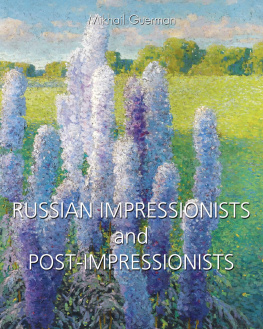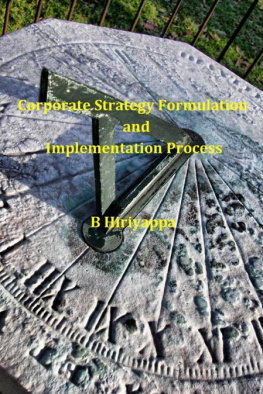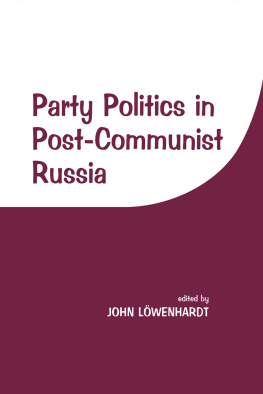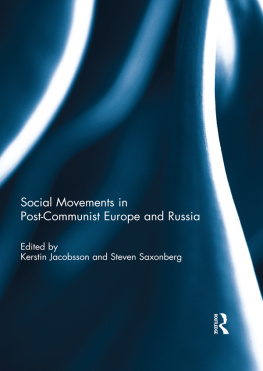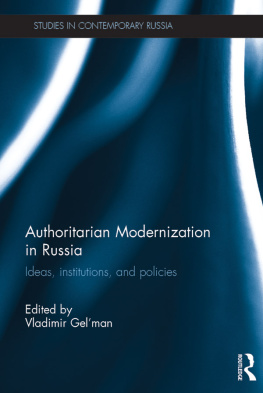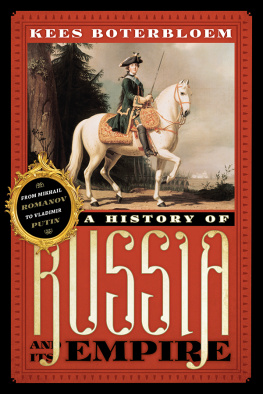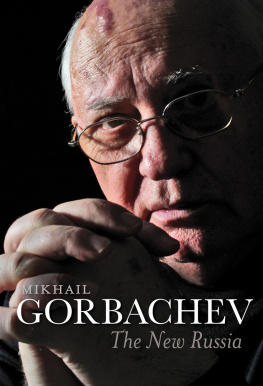Corporate Strategy in Post-Communist Russia
Russian businesses in the post-Soviet period have been noted for their unusual, sometimes allegedly corrupt, business practices, and for their role in the enrichment of oligarchs. This book, which includes a wide range of case studies, and which draws on the authors first-hand experience of running a Russian company, argues that a key to understanding contemporary Russian business is the importance of arbitrage, that is, the ability to take advantage of price and cost differentials in different markets. The book argues that the conditions for such arbitrage advantages are often created by businesses that have special links to particular institutions; that arbitrage benefits are not available to all businesses in a sector, thereby providing unfair competitive advantages to some businesses; and that businesses overall activities are often distorted by this system. The book includes an analysis of a wide range of different types of arbitrage activities in action.
Mikhail Glazunov is an independent consultant. He has worked as a Lecturer in the Department of Business Studies at the University of Hertfordshire, UK, and as a Chief Executive Officer of a Russian company
Routledge Contemporary Russia and Eastern Europe Series
For a full list of titles in this series, please visit www.routledge.com.
Fashion and the Consumer Revolution in Contemporary Russia
Olga Gurova
Religion, Nation and Democracy in the South Caucasus
Edited by Alexander Agadjanian, Ansgar Jdicke and Evert van der Zweerde
Eurasian Integration The View from Within
Edited by Piotr Dutkiewicz and Richard Sakwa
Art and Protest in Putins Russia
Lena Jonson
The Challenges for Russias Politicized Economic System
Edited by Susanne Oxenstierna
Boundaries of Utopia Imagining Communism from Plato to Stalin
Erik van Ree
Democracy in Poland
Representation, participation, competition and accountability since 1989
Anna Gwiazda
Democracy, Civil Culture and Small Business in Russias Regions
Social processes in comparative historical perspective
Molly ONeal
National Minorities in Putins Russia
Federica Prina
The Social History of Post-Communist Russia
Edited by Piotr Dutkiewicz, Richard Sakwa and Vladimir Kulikov
The Return of the Cold War
Ukraine, the West and Russia
Edited by J. L. Black and Michael Johns
Corporate Strategy in Post-Communist Russia
Mikhail Glazunov
Russian Aviation, Space Flight and Visual Culture
Vlad Strukov and Helena Goscilo
EURussia Relations, 19992015
From courtship to confrontation
Anna-Sophie Maass
Corporate Strategy in Post-Communist Russia
Mikhail Glazunov
First published 2016
by Routledge
2 Park Square, Milton Park, Abingdon, Oxon OX14 4RN
and by Routledge
711 Third Avenue, New York, NY 10017
Routledge is an imprint of the Taylor & Francis Group, an informa business
2016 Mikhail Glazunov
The right of Mikhail Glazunov to be identified as author of this work has been asserted by him in accordance with sections 77 and 78 of the Copyright, Designs and Patents Act 1988.
All rights reserved. No part of this book may be reprinted or reproduced or utilised in any form or by any electronic, mechanical, or other means, now known or hereafter invented, including photocopying and recording, or in any information storage or retrieval system, without permission in writing from the publishers.
Trademark notice: Product or corporate names may be trademarks or registered trademarks, and are used only for identification and explanation without intent to infringe.
British Library Cataloguing in Publication Data
A catalogue record for this book is available from the British Library
Library of Congress Cataloging in Publication Data
Names: Glazunov, Mikhail, author.
Title: Corporate strategy in post-communist Russia / Mikhail Glazunov.
Description: Abingdon, Oxon ; New York, NY : Routledge, 2016. | Series: Routledge contemporary Russia and Eastern Europe series ; 69 | Includes bibliographical references and index.
Identifiers: LCCN 2015036974 | ISBN 9781138956704 (hardback) | ISBN 9781315665603 (ebook)
Subjects: LCSH: Management--Russia (Federation) | Corporations--Russia (Federation) | Arbitrage--Russia (Federation) | Competition--Russia (Federation) | Strategic planning--Russia (Federation)
Classification: LCC HD70.R9 G53 2016 | DDC 658.4/0120947--dc23
LC record available at http://lccn.loc.gov/2015036974
ISBN: 978-1-138-95670-4 (hbk)
ISBN: 978-1-315-66560-3 (ebk)
This book develops a new perspective on corporate strategy as arbitrage between markets where various asymmetries are exploited by companies to increase profit. It reveals who creates the conditions for arbitrage and how it is accomplished. Different types of strategy as arbitrage, together with methods of how this strategy can be employed in the economy of Russia and the beneficiaries of arbitrage, are examined. The ability to create conditions for arbitrage is shown to be a valuable company resource, providing competitive advantage for owners.
The frameworks of research are enclosed by the borders of the post-Soviet space due to the fact that the Russian market provides excellent illustrations of this phenomenon. The book includes over 100 examples presented in the form of case studies, some of which are described in detail.
These detailed cases reveal how companies such as Gazprom, Avtovaz, Transneft, Norilsk Nickel and Yukos have competently used arbitrage as strategy, as well as describing why other companies have not succeeded at this challenge. The book reveals other generic strategies, apart from cost leadership and differentiation-arbitrage, which can be implemented by various firms in any industry or market to increase their performance.
This book is intended as a resource for academics and students of strategic management. Additionally, this study may benefit those who are interested in Russian modern history as well as those concerned with the analysis of new strategic models.
Numerous people, both Russian and British, helped to make this manuscript by sharing their stories, talking honestly about Russian business and helping me arrange my thinking about how to get it right.
I want to thank Peter Sowden, my editor at Routledge, with whom I have worked on both of my books. Peters beneficial editorial experience has proved invaluable in enabling a Russian researcher to write beyond the limitations of the conventional approach. Many thanks are due to the staff at Routledge. I am thankful for the substantial advice that the anonymous advisers provided me and for their aid in configuring the chapters in order for the book to take its final shape and reach completion. I would like to thank my colleagues Elena Zhukova, Nicolas Anderson and the rest of the supportive team, who have been my day-by-day academic colleagues for the past three years.
I am grateful to everyone at the University of Hertfordshire Business School who have made this book possible. I would like to offer special thanks to Peter Ivanov, who read my book with admirable care and attention, making some especially valuable suggestions that I have incorporated.



